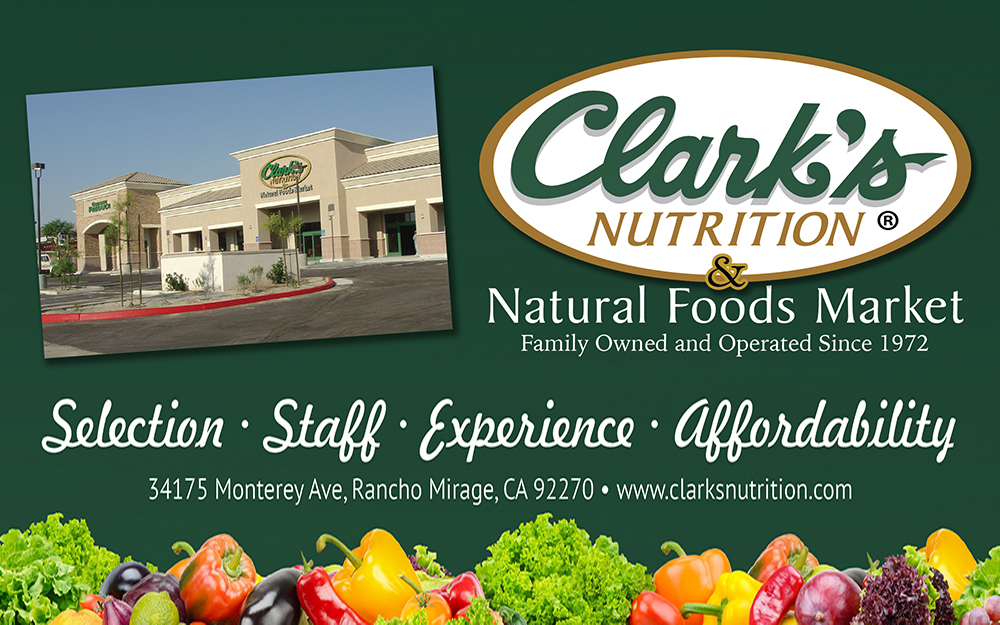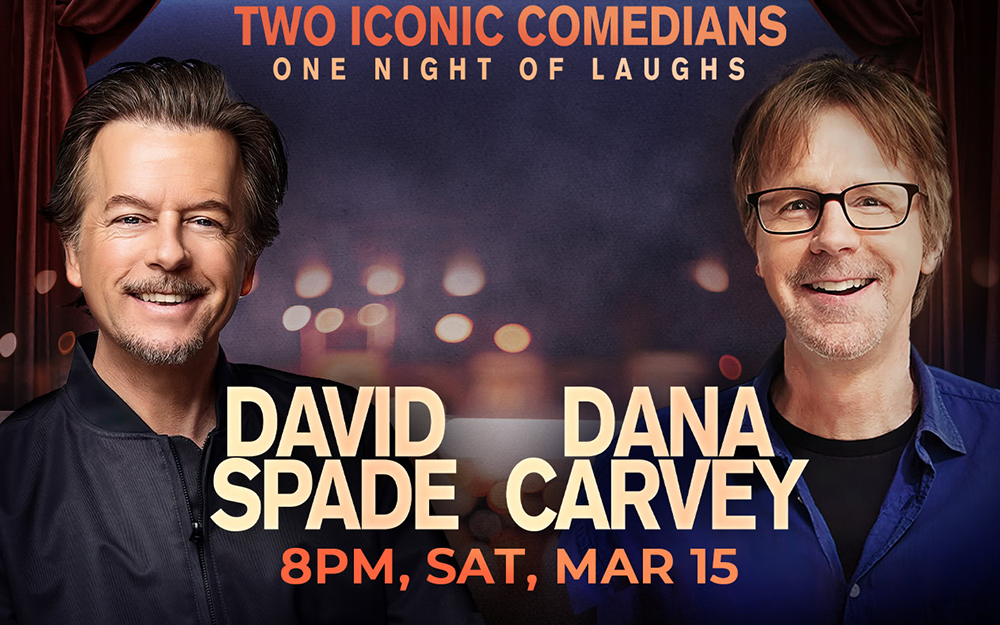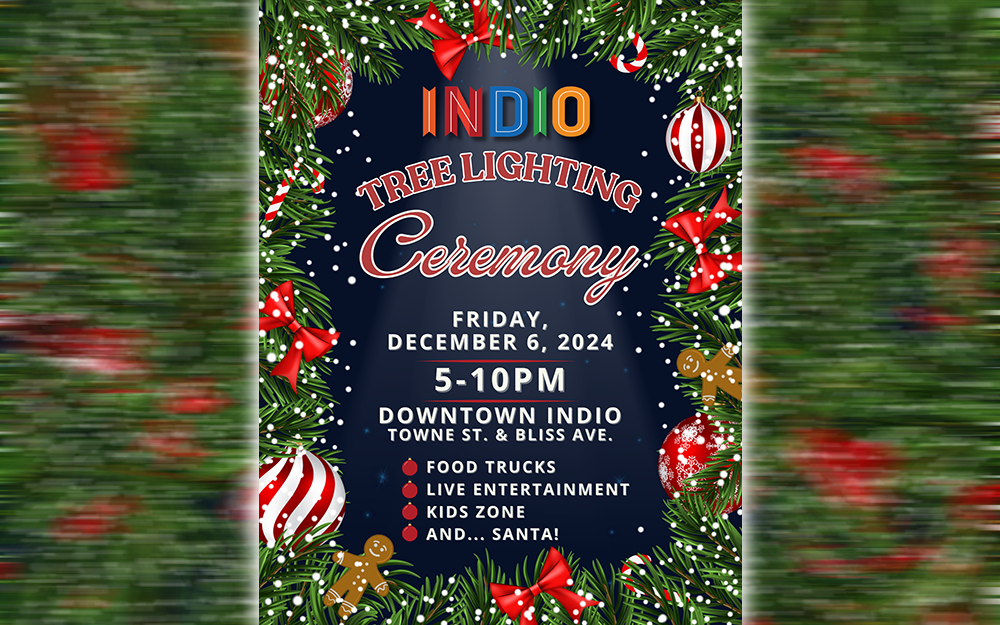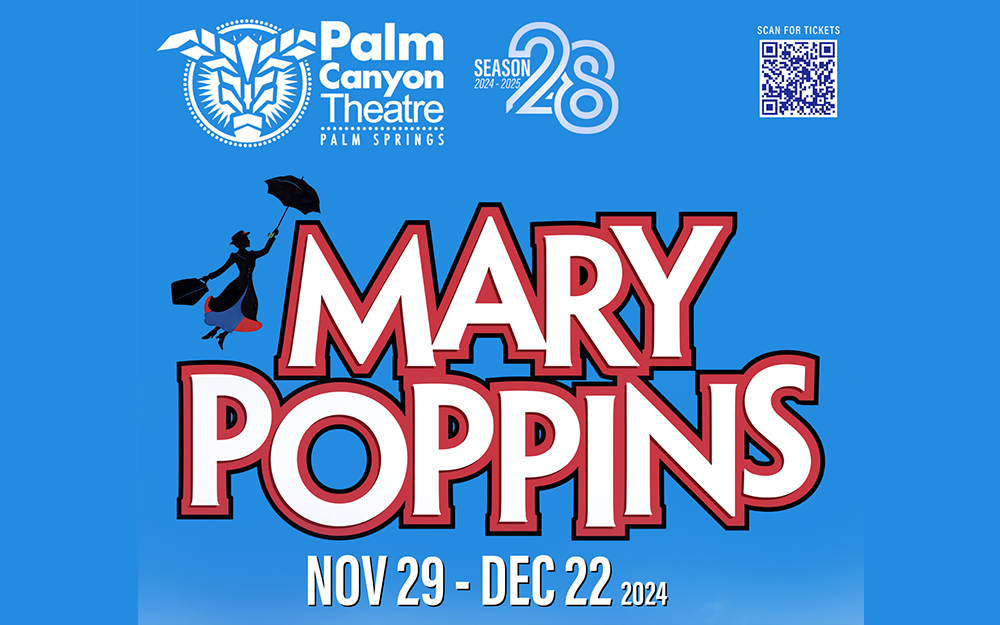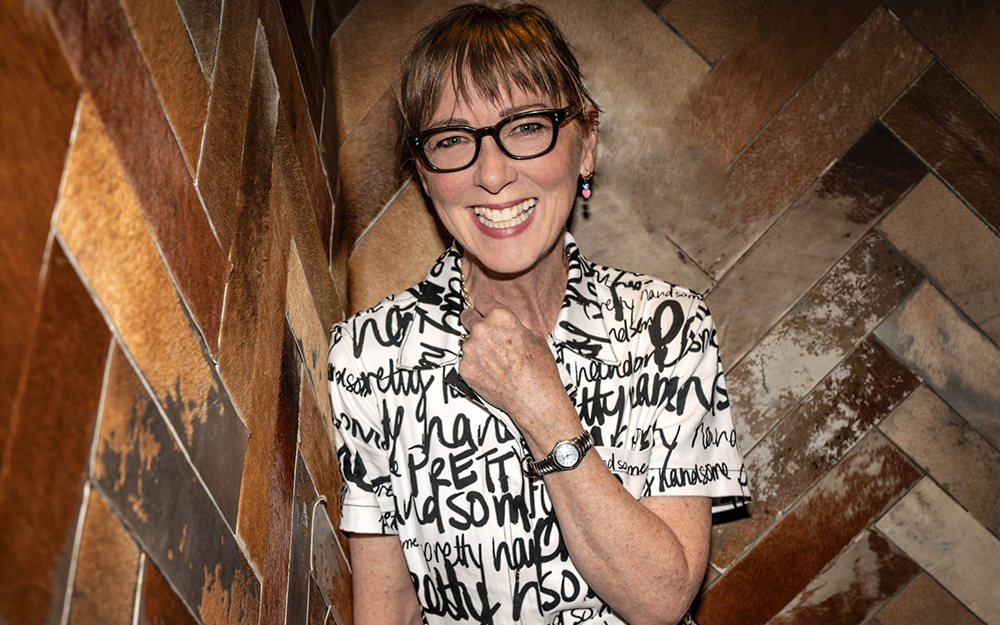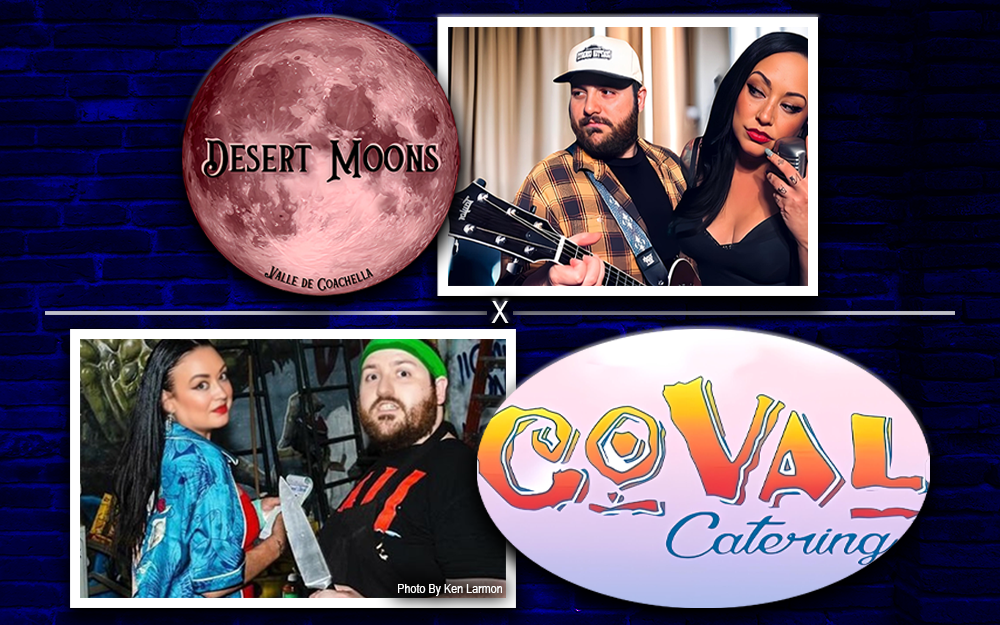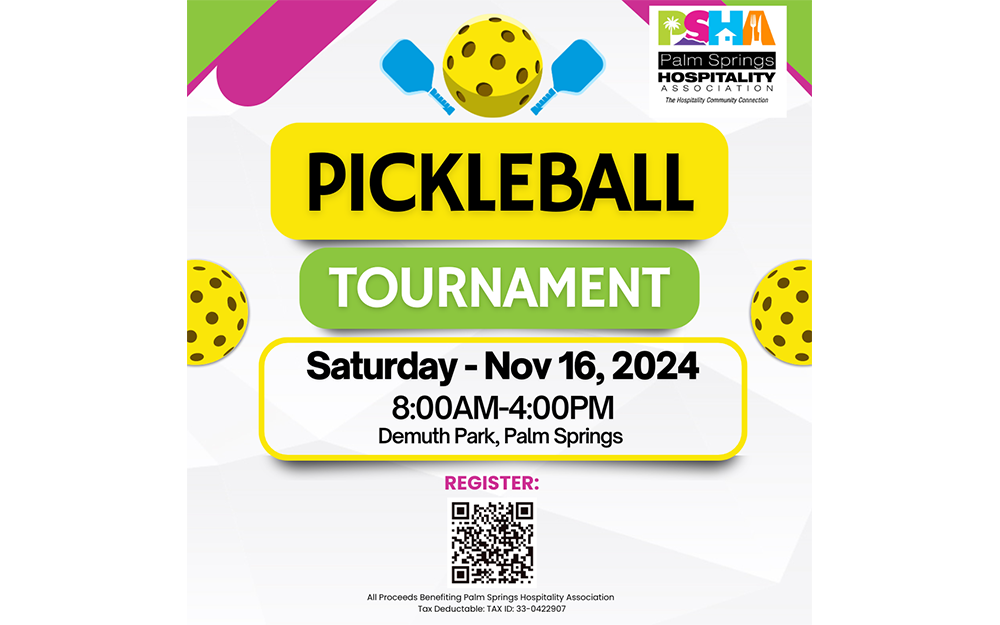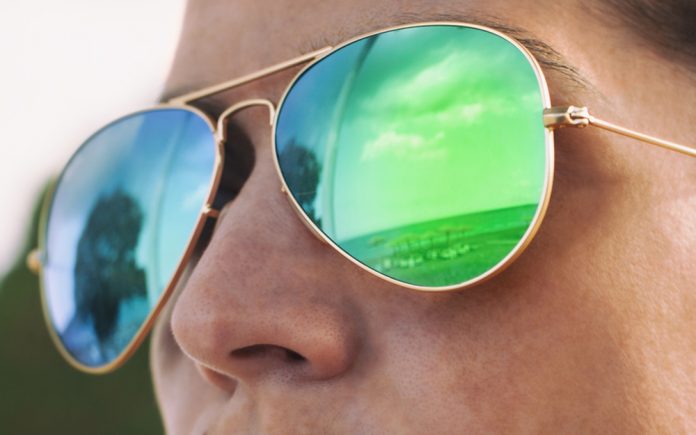
By Fire Chief Sam DiGiovanna
Did you know your EYES can get sunburned? Just thinking about it makes me squint. Though there is a lot of songs that have titles about sunglasses – Enjoy the music in this article. July is National UV Awareness Month.
Before you even check the price tag, read the label. Do these glasses block 100% of both UVA and UVB rays? If not, leave them on the rack. You want both of those blocked 99 to 100% It’s not too much to expect your glasses to do that. Too much UV light can cause cataracts. It can also destroy the retina, the lining at the back of your eyes that helps you see clearly. It could even cause tissue to grow over your eyeball.
During the summer we put a lot of emphasis on protecting our skin from UV rays. But we do a much worse job of protecting our eyes. In a survey of more than 10,000 adults, the Vision Council found that only 39% of adults wear sunglasses when they are outside for two or more hours and only 14% are likely to protect their eyes at an outdoor sporting event. Less than half wear sunglasses at the beach! That’s going to mean a lot of squinting.
 We understand the risk of skin cancer from the sun’s rays, but when it comes to our eyes, we tend to regard the sun as more of an inconvenience. In fact, protecting your eyes is essential, because exposure to bright sunlight increases the risk of developing cataracts, macular degeneration, growths on the eye and, yes, sunburn. UV damage to your eyes can occur in as little as 15 minutes — often without symptoms to let you know it’s occurred. And our eyes are at risk to UV rays all year round.
We understand the risk of skin cancer from the sun’s rays, but when it comes to our eyes, we tend to regard the sun as more of an inconvenience. In fact, protecting your eyes is essential, because exposure to bright sunlight increases the risk of developing cataracts, macular degeneration, growths on the eye and, yes, sunburn. UV damage to your eyes can occur in as little as 15 minutes — often without symptoms to let you know it’s occurred. And our eyes are at risk to UV rays all year round.
Following are a few tips from the American Academy of Ophthalmology on how you can start better protecting those peepers.
Get the right sunglasses. Our sunglasses selections are too often made for fashion rather than protection. Choose sunglasses that block 100% of UV-A rays and UV-B rays. If possible, get a wrap-around style so the sun’s rays can’t enter from the side. And take note: Price doesn’t dictate protection. Expensive sunglasses may sacrifice protection for fashion, while inexpensive lenses that protect fully can be found at your neighborhood Target or Walmart. So, go get yourself some cheap sunglasses! (Just avoid any mirrored lenses, as many public safety agencies forbid them.)
Add a hat. A broad-brimmed hat provides additional eye protection.
Don’t be fooled by clouds. Just as you can burn when it’s cloudy, sun damage to your eyes can occur when the sun’s not out, too. Wear your sunglasses anytime you’re outside during the day (no need to wear your sunglasses at night).
Never look directly at the sun. Catch yourself staring at the sun? Looking directly at the sun at any time, including during an eclipse, can damage your retinas.
Eat healthy! Taking care of your eyes means watching what you eat, too. Antioxidants protect your eyes from sun damage and air pollution. And it’s not just carrots, although that’s a great place to start. Incorporate fruits and vegetables such as pumpkin, sweet potato, spinach, kale, Brussels sprouts, collard greens, broccoli, kiwi, grapes, grapefruit, strawberries, oranges and green peppers. And don’t forget nuts and seeds such as sunflower seeds, almonds and pecans. Finally, boost your omega-3 fatty acid intake by eating salmon, sardines, halibut and tuna.
But if you’re having trouble remembering all that, just remember this: Things are going great, they’re only getting better … You’re future’s so bright, you gotta wear shades!


